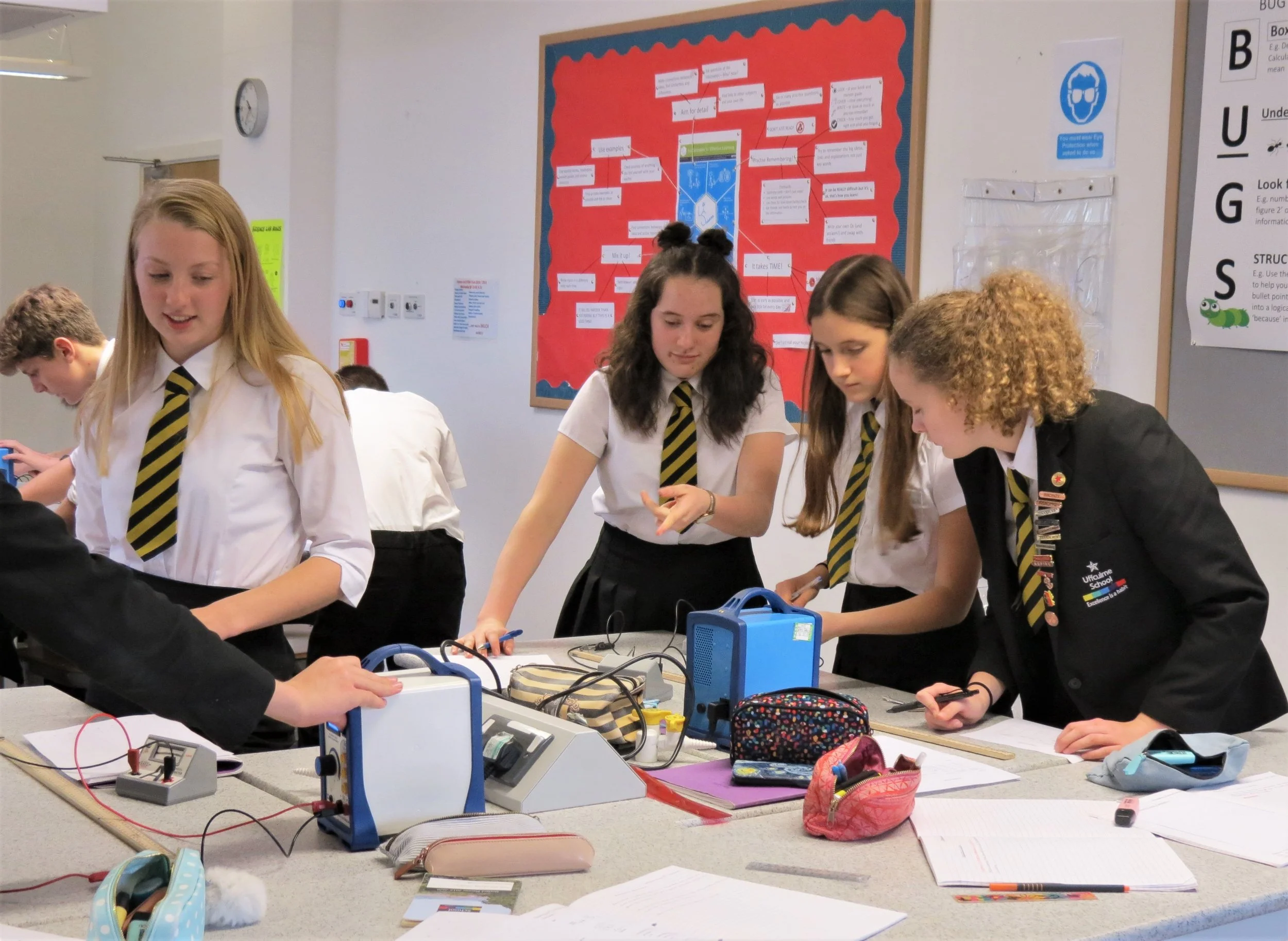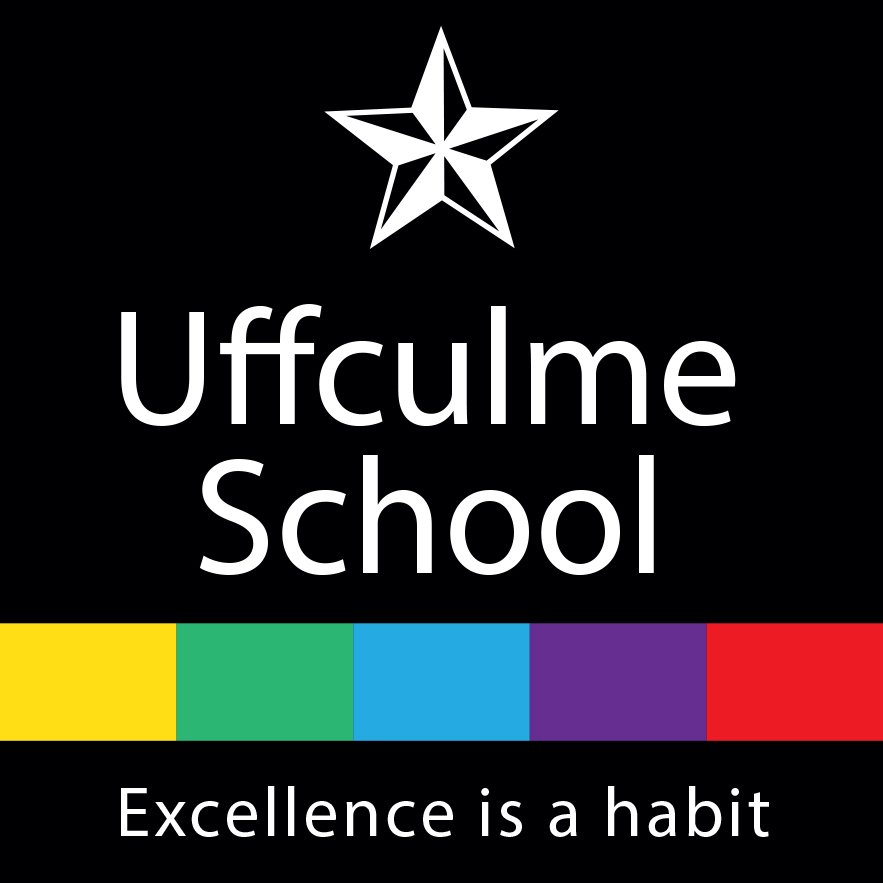
Media Studies
Welcome to Media Studies
Media Studies is a subject available to students in Key Stage 4 (Years 10 and 11)
“The media plays a central role in contemporary society and culture. They shape our perceptions of the world through representations, viewpoints and messages they offer.
The media have real relevance and importance in our lives today, providing us with ways to communicate, with forms of cultural expression and the ability to participate in key aspects of society.
The economic importance of the media is also unquestionable. The media industries employ large numbers of people worldwide and operate as commercial industries on a global scale.
The global nature of the contemporary media, coupled with ongoing technological developments and more opportunities to interact with the media, suggest that their centrality in contemporary life can only increase.”
Eduqas GCSE Media Studies.
The Eduqas GCSE in Media Studies enables learners to:
demonstrate skills of enquiry, critical thinking, decision-making and analysis;
acquire knowledge and understanding of a range of important media issues;
develop appreciation and critical understanding of the media and their role both historically and currently in society, culture and politics;
understand and apply specialist subject-specific terminology to analyse and compare media products and the contexts in which they are produced and consumed in order to make informed arguments, reach substantiated judgements and draw conclusions about media issues;
appreciate how theoretical understanding supports practice and practice supports theoretical understanding;
develop practical skills by providing opportunities for creative media production.
Curriculum and Qualifications
The Eduqas GCSE in Media Studies consists of two elements - two written examinations (70% of the final grade) plus a coursework task (worth 30% of the final grade)
Both elements measure how well students have achieved the three assessment objectives:
AO1: Demonstrate knowledge and understanding of:
the theoretical framework of media;
contexts of media and their influence on media products and processes.
AO2: Analyse media products using the theoretical framework of media, including in relation to their contexts, to make judgements and draw conclusions.
AO3: Create media products for an intended audience, by applying knowledge and understanding of the theoretical framework of media to communicate meaning.
Across the course students are required to study each of the following media forms:
Magazines
Film
Newspapers
Advertising and Marketing
Radio
Video games
Television
Music video and online, social and participatory media studied through a single music topic
The course specification can be found here
A general curriculum overview can be accessed here.
If you require further information about the GCSE Media Studies curriculum, please contact Mrs Ings, Head of Department at ingsm@uffculmeschool.bep.ac
Home Learning
Consolidation/revision tasks based on work covered in class will be set as regular homework tasks.
Students are encouraged to participate in a range of independent study to improve and develop their subject knowledge and exam technique.
For example:
Learn key words;
Create knowledge organisers or mind maps for each topic and try to re-write from memory to embed the content;
Use the revision guide (available from Spring 2019) to add to notes and test;
Engage with resources provided on the School Life area of the portal;
Read, watch and listen to copies of the set texts for the exam (see list below).
Component 1, Section A: Media Language and Representations Set Product Booklet – Magazine Front Covers – Pride and GQ; Film Posters – The Man with the Golden Gun and Spectre; Newspaper Front Covers – The Sun and The Guardian and Print Advertisements – Quality Street and This Girl Can.
Component 1, Section B: Industry and Audience Set Products - Newspaper Print and Online – The Sun; Radio – The Archers; Video Games – Pokemon Go.
Component 2, Section A: Television Sitcom – Friends – Season 1, Episode 1 and The IT Crowd – Season 4, Episode 2.
Component 2, Section B: Music Video and Online, Social and Participatory Media – Katy Perry, Roar; Bruno Mars, Uptown Funk; Duran Duran, Rio.

